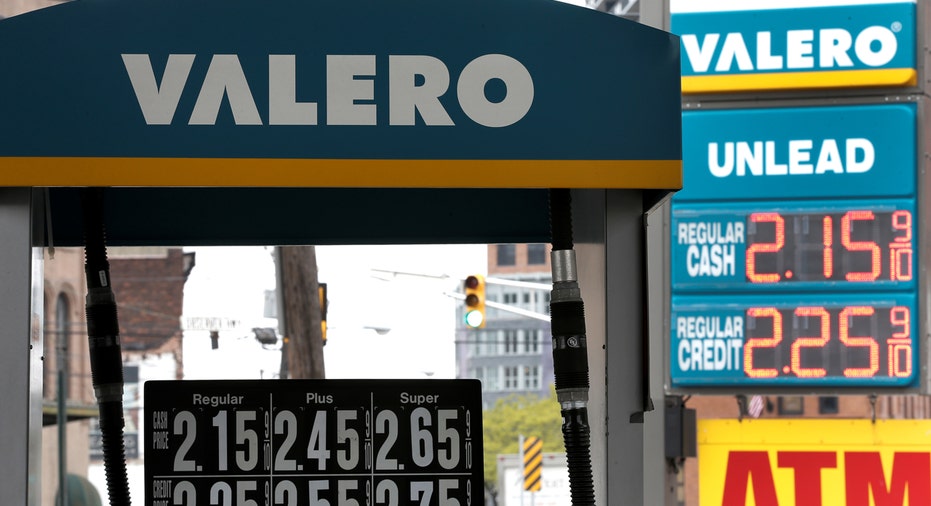Hurricane Matthew, OPEC Threaten Gas Prices

Drivers looking forward to big savings at the gas pump this fall may be disappointed.
Gasoline prices traditionally head south once the busy summer driving season comes to a close. In the fall months, demand cools and refineries switch to cheaper winter-blend fuel. But OPEC’s production plans have thrown a wrench into the works, while Hurricane Matthew is threatening to disrupt oil and gasoline supplies in the U.S.
OPEC announced last week that its 14 members agreed to the parameters of a freeze in oil production, just as the oil cartel is pumping record amounts of crude. The slowdown comes in response to a global oversupply, although analysts question how far the cuts will go and whether they can make a sizable dent in the oil glut. Still, oil prices rallied after the news, potentially creating a catalyst for higher pump prices.
Patrick DeHaan, senior petroleum analyst at GasBuddy.com, said drivers won’t necessarily see a substantial jump in gas prices. Rather, the OPEC-inspired oil rally and the impending storm may keep gas prices stable for now.
“Perhaps we probably won’t see the major declines that we normally see in the fall,” he explained.
GasBuddy.com recently projected that the national average would drop below $2 a gallon by Halloween, but the forecast is now in question. There’s also some doubt about whether gas prices will reach the $1.99 milestone nationally by the end of 2016, particularly if OPEC officially makes a move to reduce the flow of oil. OPEC will meet again on Nov. 30 in Vienna.
U.S. oil prices ended Monday at $48.81 a barrel, the highest value since July 1. Prices are up 9.3% over the last four sessions.
Analysts are also keeping an eye on Hurricane Matthew, which continued to barrel through the Caribbean on Tuesday. Forecasts show the Category 4 storm may travel toward Florida and up the East Coast. According to DeHaan, the intensity of Hurricane Matthew and how many power outages it leaves in its wake will determine the impact on gas prices. Severe weather can force gas stations to close or disrupt the infrastructure that transports gasoline.
“If there are widespread power outages, you can run into supply issues. And ahead of the storm, if motorists are going to flood the pumps, that could be a problem, too,” DeHaan added.
Everyone in the Eastern Seaboard needs to be watching #HurricaneMatthew very carefully. Meteorologist @rickreichmuth https://t.co/hJyPsuTRke pic.twitter.com/zniOoFkyPw
— FOX Business (@FoxBusiness) October 4, 2016
Florida, Georgia and the Carolinas may be in the hurricane’s path. Hurricane and tropical-storm watches were in effect for parts of Florida as of Tuesday afternoon.
There’s another wrinkle coming for New Jersey drivers. The state is set to approve a 23-cent increase in the gas tax, bringing the total to 37.5 cents a gallon. DeHaan said the tax hike, which is expected to take effect before the end of October, will move the national average slightly higher.



















